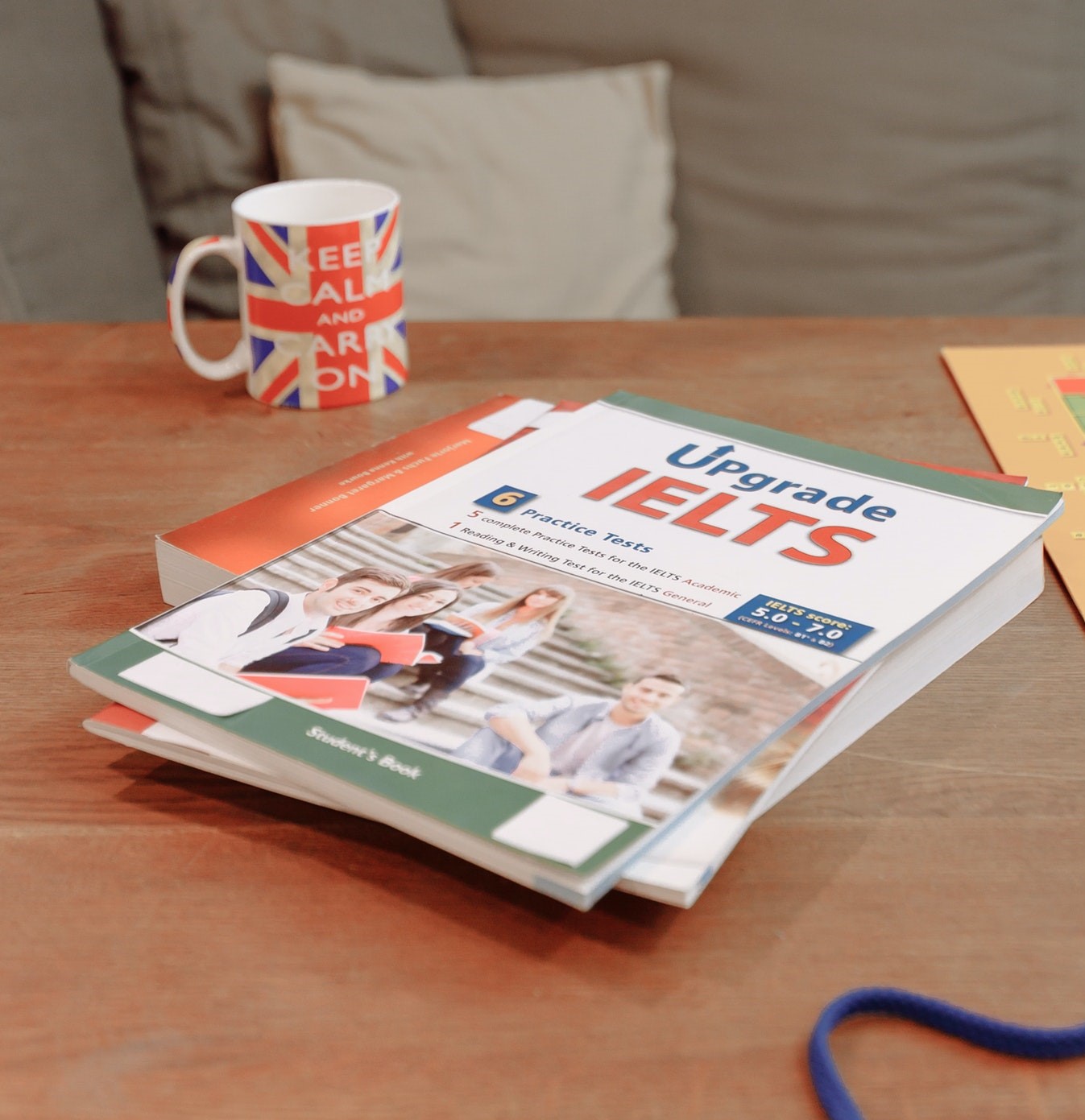IELTS speaking part 2 is not a speech.
One of the first things I tell students is to remember that part 2 of the IELTS speaking exam is not a speech and should be approached similarly to telling a short story in a natural conversation setting. As a result, don’t memorise a response word for word. You will lose points if the examiner discovers that your answer was memorized! Many students make the mistake of starting to recite a topic as they would in high school, which is never a good idea. When you’re studying and looking at examples of IELTS speaking answers on a website, in a video, or in a book, keep in mind that these examples aren’t natural, and they’re certainly not your answers. If you recite topics on the exam, you will almost certainly receive a lower score, so keep it natural. Examiners frequently hear the same prepared Part 2 answers over and over again when it comes to describing people, particularly famous people.
Don’t copy what everyone else does in part 2.
When I asked a student to describe a creative person who inspires them, they named a well-known singer. When speaking about the subject, it sounded as if it had been recited as well as something that every other student would say. I challenged the student to think of someone they admire and know, and after some consideration, the student described their younger brother, who started his own business at a young age. I was now listening to something that was not only unique but also fascinating. This was something that would grab the examiners’ interest and attention, which is always a plus. Again, remember that IELTS examiners often hear the same recited answers day after day, and they not only get tired of hearing them, but they also recognize when a student is simply reciting a prepared response rather than communicating.
Another important thing to remember in IELTS speaking part 2 is that it is still all about you, so instead of sounding like a monotone robot, you should keep it personal and always try to express your personal feelings and thoughts.
The use of “can.”
Why would you like to visit this place?
Let’s look at an example.
“I want to go to this place because I can eat delicious food and i can take lots of photos.”
The word “can” is generally used to express our ability to do something, and not to express why we want to do something. Yes, you can eat delicious food, and yes, you can take lots of photos, but do you want to? Do you enjoy taking photos? Do you love eating lots of really good food?
I’d like to visit Venice because I adore Italian cuisine, and I imagine the food in Venice would be incredible. I also enjoy photography and would like to take a lot of pictures there.“
These are just some of the more common mistakes i see too many students making in part 2 of the speaking exam, and of course there are more. For more tips on speaking in part 2 you can find more on the main site. How to speak in part 2
Keeping it simple in part 2 speaking.
As i already mentioned its important to speak naturally in part 2, almost like you are talking to a friend. Imagine it’s a Monday morning and you are catching up with one of your friends after the weekend. Your friend asks you how was your weekend, and you tell them you went to see a really good movie. Now, your friend asks you about the movie, and how you felt about it. Imagine how you would now talk to your friend in describing the. movie you watched, who you went to see it with, where you went to see it, and how you felt about it. When talking to your friend, would you try to use complicated words and language to impress them? No, of course you wouldn’t as your friend would think you had something wrong with you, and might not even understand what you are talking about.
Well, it’s the same for the IELTS examiner, and you are not going to impress the examiner by using lots of complicated language, and expressions that are also likely above your level, and just going to cause your fluency score to actually go down. So, keep it natural, keep everything smooth and clear, and concentrate more on expressing your feelings.



































